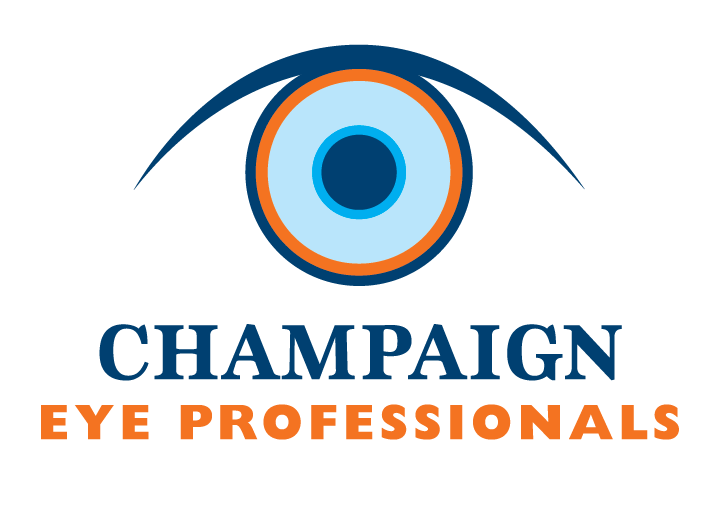Do I Need a Diabetic Eye Exam?
If you struggle to control your blood sugar levels, you may want to schedule an appointment with youreye doctor in Champaign, IL. Diabetes is a disease that’s marked by high levels of sugar in the bloodstream. If uncontrolled, it can damage your vision in several ways.
How Does Diabetes Affect the Eyes?
There are four different eye diseases linked to diabetes. They include:
- Diabetic retinopathy
- Macular edema
- Glaucoma
- Cataracts
Each can cause severe or total vision loss. Early intervention, combined with learning how to manage your diabetes effectively, is your best defense against diabetes-related eye conditions. This is why it’s so important to schedule a diabetic eye exam at least once a year if you struggle with diabetes.
What Happens During a Diabetic Eye Exam?
During your diabetic eye exam, your vision specialist will use special eyedrops that cause your pupils to dilate. This is painless and noninvasive. However, it’s helpful to your ophthalmologist because it allows them to look deep into your eye, as far back as the retina, to see if unusual changes have occurred.
You may also undergo a glaucoma test during your eye exam because patients who have diabetes are at greater risk of developing glaucoma. Sometimes, the glaucoma test is as simple as subjecting your eye to a small puff of air. However, your eye doctor may also decide to do additional tests.
Who Should Have a Diabetic Eye Exam?
Anyone who has type 1, type 2, or gestational diabetes should have a diabetic eye exam. You may be even more at risk if you smoke, if you also have hypertension, or if you’re pregnant. To learn more about the diagnosis ofdiabetes-related eye conditions in Champaign, IL, call Champaign Eye Professionals today.





